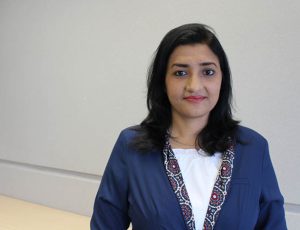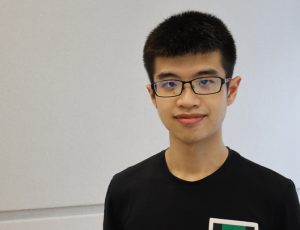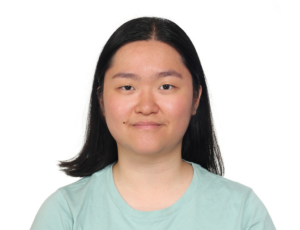
Soo Chin LEE
Professor Lee Soo Chin’s laboratory focuses on novel therapeutics and predictive biomarkers in breast cancer. She has studied different novel treatment strategies, including using low-dose anti-angiogenic agent to improve chemotherapy delivery. Her team has identified a biomarker detectable in blood that predicts breast cancer recurrence, and that can be used to select patients for a novel targeted therapy. Her team has found a genetic variant common in Asians but rare in Caucasians to influence metabolism of a commonly used breast cancer drug, highlighting that inter-ethnic differences in genetic make-up could account for geographic differences in outcomes to anti-cancer treatment.
csilsc[at]nus.edu.sg
Head and Senior Consultant, Department of Haematology-Oncology, National University Cancer Institute, Singapore
Director, Cancer Genetics Program, National University Cancer Institute, Singapore
Senior Principal Investigator, Cancer Science Institute, Singapore
Professor, Yong Loo Lin School of Medicine, National University of Singapore.
Professor Lee Soo Chin’s laboratory is focused on developing novel therapeutics and predictive biomarkers in breast cancer, with additional interest in pharmacogenetics and inter-ethnic differences. She and her team have studied several novel therapeutic strategies in breast cancer, including using low dose, short-course sunitinib to normalize tumor vasculature to improve chemotherapy delivery into tumor, combining lenvatinib, a RET inhibitor, with letrozole, to overcome endocrine resistance in hormone receptor positive breast cancer, and using expanded activated natural killer cells to augment antibody-directed cell cytotoxicity induced by trastuzumab in HER2+ breast cancer. She and her collaborators found chromosome 1q21.3 amplification to be a trackable biomarker that can be detected on liquid biopsy for breast cancer recurrence. An actionable target, IRAK1, was identified in the amplification region, and her team is currently conducting a clinical trial of pacritinib, an IRAK1 inhibitor, using cell-free DNA detection of 1q21.3 amplification as a biomarker to select cancer patients for treatment. In the field of pharmacogenetics, Professor Lee’s team is studying the UGT2B17 null variant, which is common in Asians but rare in Caucasians, in relation to the pharmacokinetics and pharmacodynamics of exemestane, a commonly used endocrine therapy in hormone receptor positive breast cancer patients. Strong correlation was observed between UGT2B17 genotype and exemestane pharmacokinetics, highlighting that inter-ethnic differences in genetic make-up could account for geographic differences in outcomes to anti-cancer treatment.










